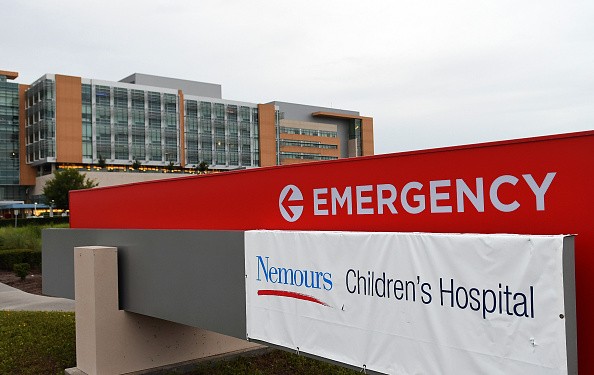After a new prohibition from the Biden administration takes effect in 2022, Americans may see some respite from "surprise" medical costs.

A ban for surprise medical bills takes effect in January 1.
Ban of Surprise Medical Bills Takes Effect in 2022
In a recently published article in Newsweek, patients will not be slapped with large fees from an out-of-network physician when a medical emergency forces them to travel to the closest emergency department due to the new consumer safeguards.
Health and Human Services Secretary Xavier Becerra said that they are hoping to give millions of Americans a relief who are blind-sided by billing. Patients will be prevented from seeing exorbitant costs if an out-of-network doctor or surgeon assists in surgery while being treated at a hospital inside their network after the restriction takes effect on January 1.
Meanwhile, hospitals, physicians, and insurers will participate in a 30-day negotiation process to resolve payment and fee disputes, with an impartial arbitrator stepping in if they cannot reach an agreement, according to a published report in The New York Times.
Read Also: Top Most Famous Reasons You Need an Accident Injury Attorney
Aim of the New Protection
The goal was to keep patients and their families out of the financial picture by restricting the amount they may be charged for out-of-network treatments to a fee based on in-network costs. That amount is deducted from their yearly deductible if they are in-network.
Under the new protection, patients are protected from unexpected costs as a result of emergency medical treatment. If a patient is seen in an out-of-network facility or treated by an out-of-network physician at an in-network hospital, they are protected. In either scenario, the patient may only be billed at the in-network cost of their insurance plan, according to a report published in Yahoo News.
When an out-of-network physician becomes involved and files a bill, patients admitted to an in-network hospital for a scheduled treatment are protected. Out-of-network service providers must also offer patients a 72-hour notice of their projected costs. For the hospital or doctor to charge them for out-of-network treatment, they would have to give their consent to it.
Surprise Medical Bills as Common Problems for Americans
Surprising medical bills have been a frequent occurrence for individuals with health insurance, which is all the more aggravating since most patients believe they are covered. Doctors and hospitals outside the network of customers' health insurance plans racked up charges ranging from hundreds to tens of thousands of dollars. Emergency visits and in-patient admission resulted in a surprise cost.
Despite the fact that many states have laws against surprise billing, federal action was required to safeguard patients insured by big employer plans, which are controlled on a national basis. A bipartisan plan for addressing the problem was set out in a 2020 legislation signed by then-President Donald Trump; the Biden administration filled in the specifics.
Furthermore, patients had to take the effort to sort out unexpected costs before the prohibition on surprise billing was enacted. In many instances, the hospital or doctor would negotiate with the insurance company until a deal was reached. However, there was no assurance that this would occur; and patients risked being put in collection processes over which they had no influence.
Related Article: Even with COVID-19 Relief Aid, Only 4 in 10 Americans could Pay $1,000 Unexpected Expenses, Survey Reveals








